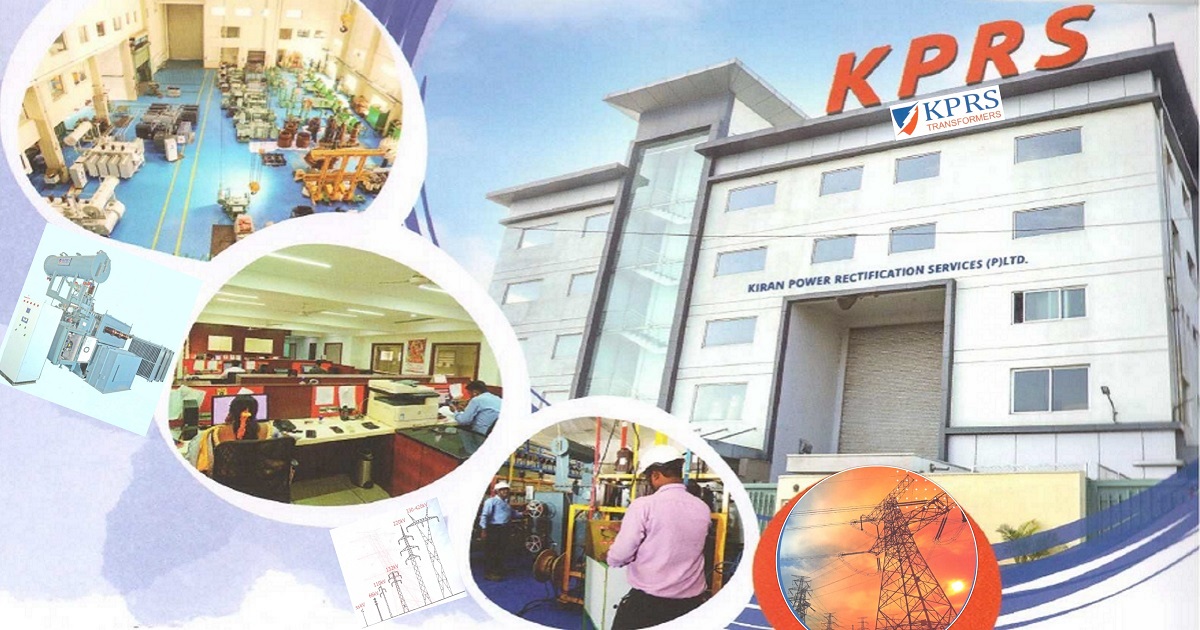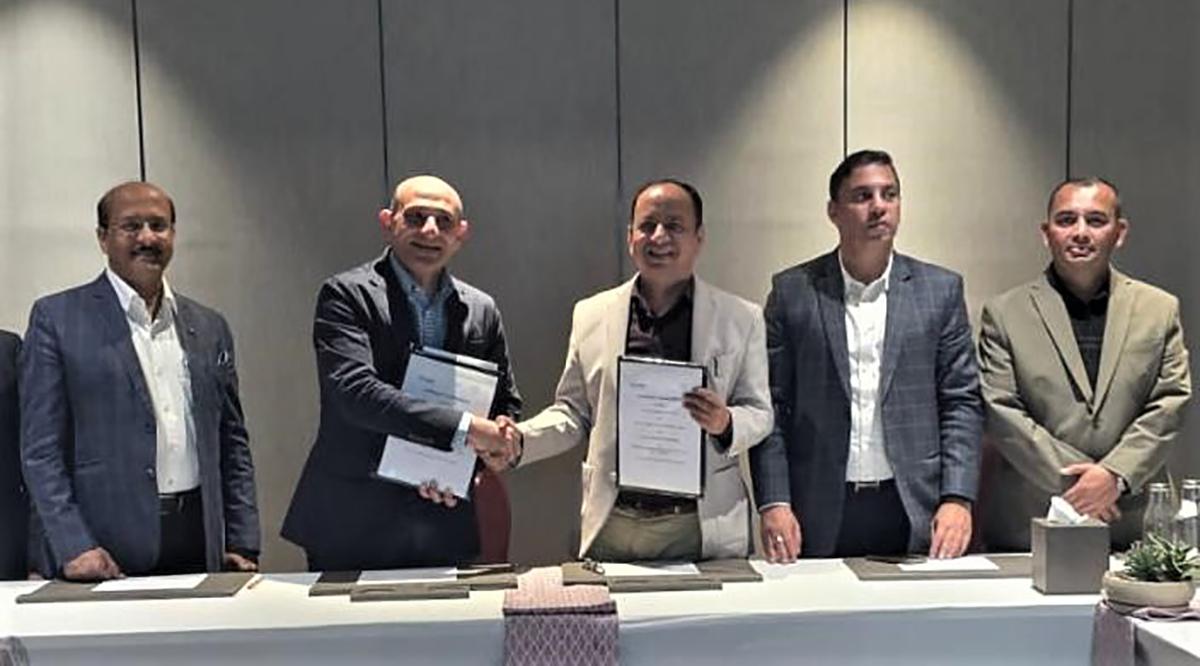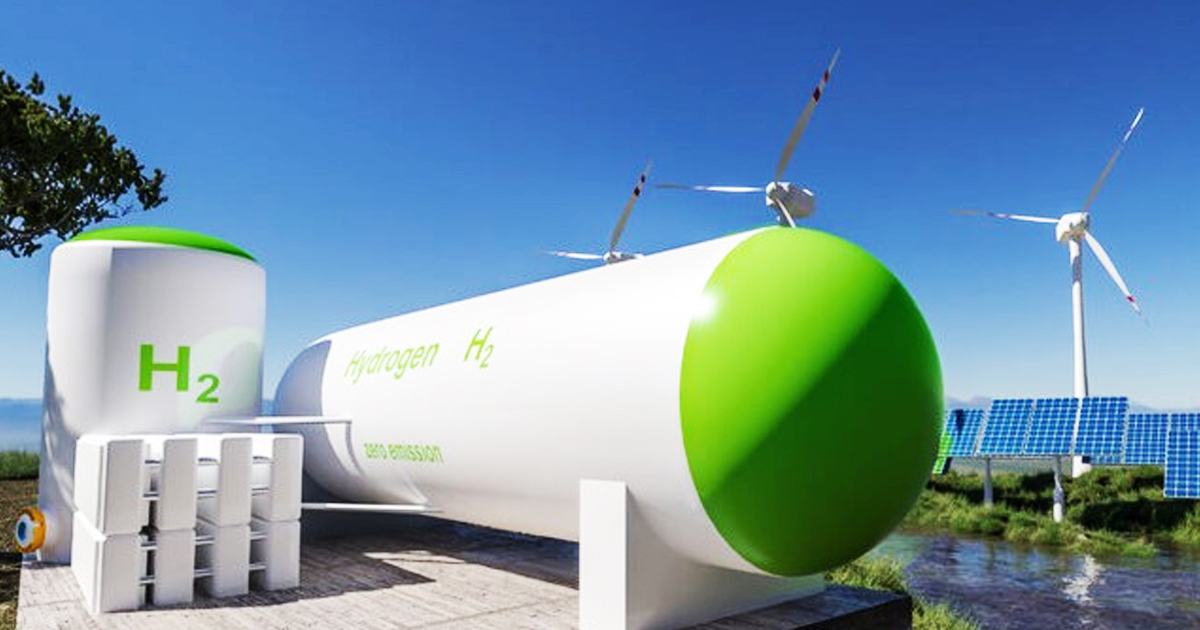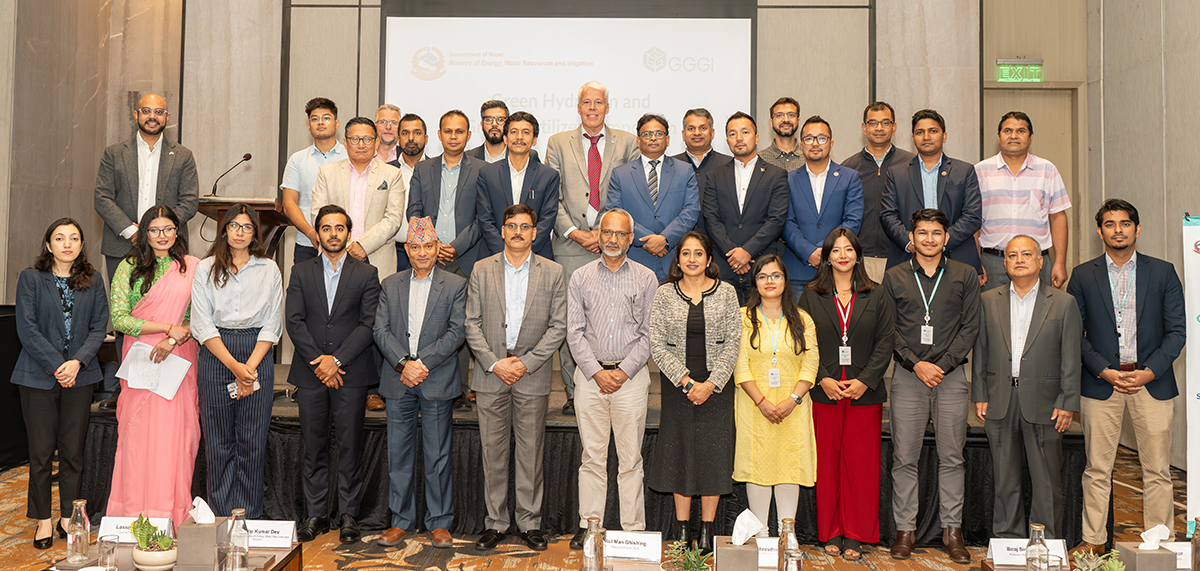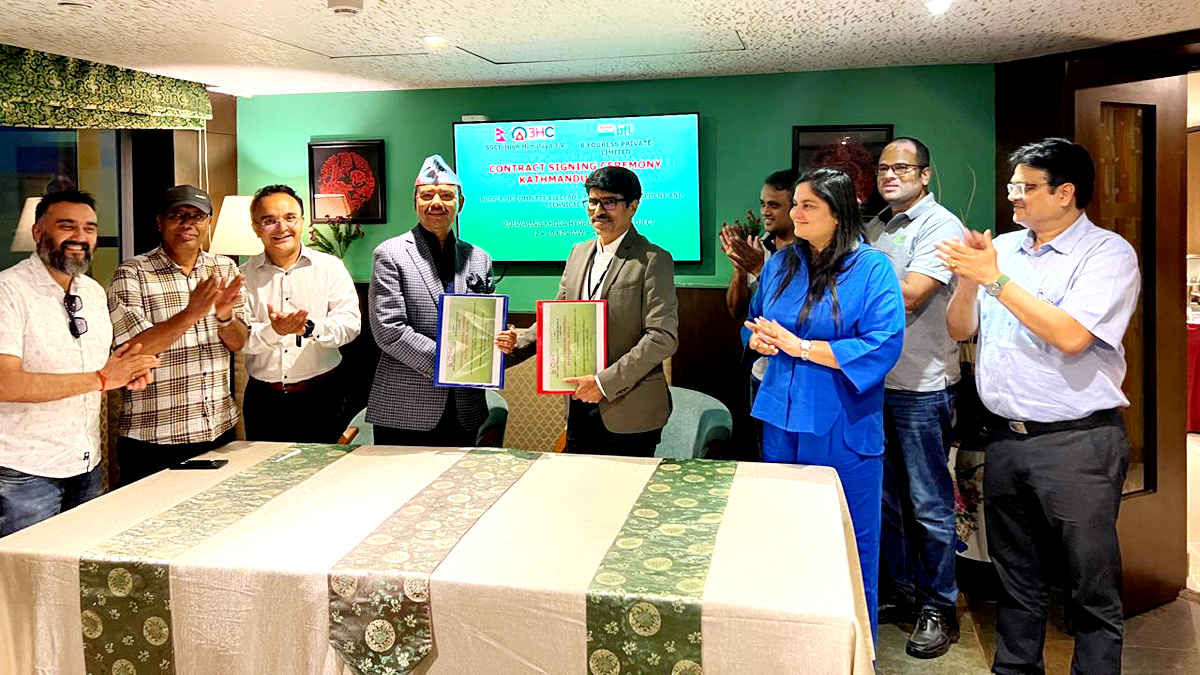Energy Update
Hydrogen Energy Commercialization: Gov-Private Collaboration Essential, but CoP a Major Challenge
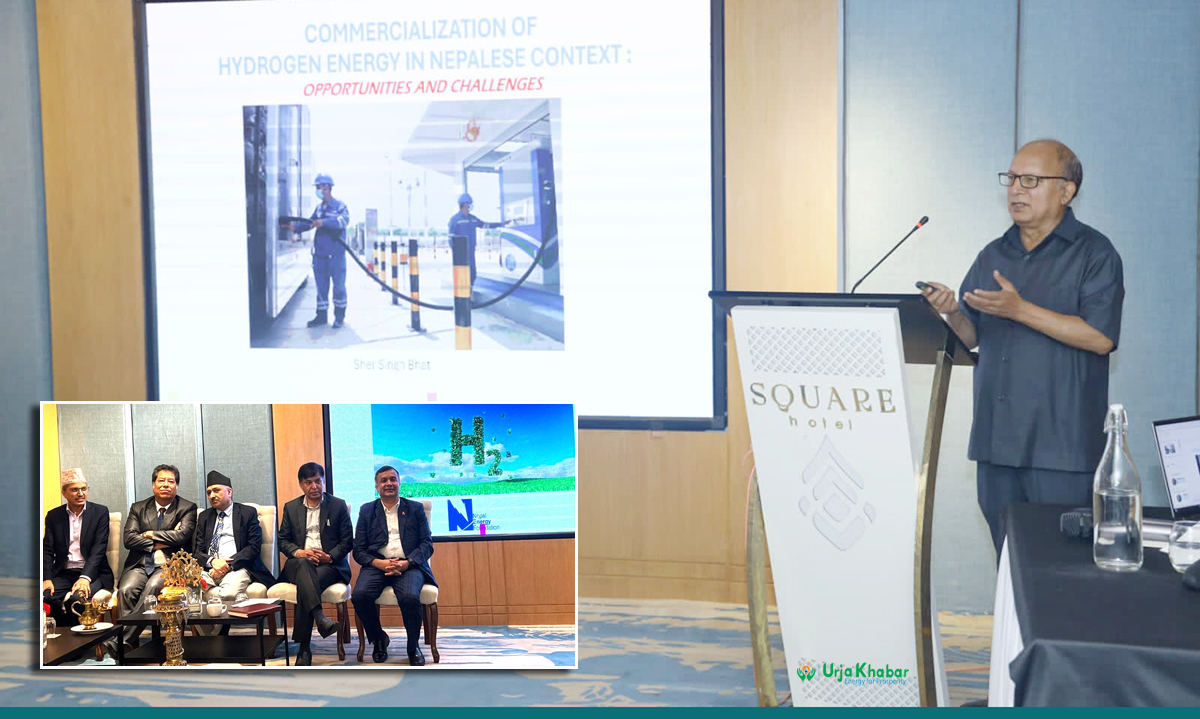
Kathmandu: Experts and analysts in the green hydrogen sector have suggested that the Government of Nepal (GoN) should take the lead in the development and commercialization of hydrogen energy in the country. They emphasize that, with research underway and one phase of testing completed, the time has come to gradually transition towards commercialization.
At a discussion program titled "Discussion on Commercialization of Hydrogen Energy on Nepalese Context: Opportunities and Challenges," organized by the Nepal Energy Foundation (NEF) on Sunday (Bhadra 30), experts highlighted the need for the GoN's attention in this area. Kathmandu University (KU) has been conducting long-term research on hydrogen, and a phase of testing in its Green Hydrogen Lab has been successful.

NEF with technical and financial support from various international non-governmental organizations (INGOs) and KU, has already tested cooking with hydrogen in Kharbang, Baglung. It has also been working on producing green hydrogen from the 74 KW micro-hydropower project on the Giringdi Khola in Badigad Rural Municipality. Based on these prototypes, experts suggested that now there should be discussions about gradually commercializing this energy source.
In a special presentation during Sunday's event, Sher Singh Bhat, former Deputy Executive Director of the Nepal Electricity Authority (NEA) and Vice Chairperson of NEF, stated that, as some hydrogen energy tests have been successful, it is time to start discussing its commercialization. "Nepal spends approximately 400 billion NPR annually on energy imports. Even if we replace a small portion of that, it would impact the trade deficit," he said. "Commercial development of hydrogen energy may not be immediately feasible in terms of cost, but the government should start moving forward by enacting appropriate laws."

Bhat emphasized that if the GoN's goal is to replace imported dirty fuel, then there is no alternative but to move toward "energy transition." While the initial cost of hydrogen production may be high, he indicated that Nepal could benefit from contributing to solving global problems such as pollution, climate change, and global warming issues. According to him, there is significant potential for the commercial use of hydrogen in transportation, household applications (e-cooking and heating), and industrial sectors.
Highlighting that the transportation sector shows the most potential for hydrogen's commercial use, Bhat explained that there is not much difference between electric vehicles and hydrogen fuel-based vehicles. He pointed out that the United States of America (US) aims to reduce the cost of production (CoP) 1 kg of hydrogen to 1 U.S. dollar within the next 10 years. Since this development could impact Nepal, he urged stakeholders to explore its possibilities and opportunities now.
In Nepal, if the cost of hydrogen production per kg reaches 5.28 NPR or lower, it could be commercially viable for use as transportation fuel. Likewise, for hydrogen to replace household LPG gas, its production cost must be below 12 NPR per kg, as mentioned in Bhat's presentation. He also stressed the need for awareness programs to bring about changes in consumer behavior towards using hydrogen as fuel.
Bhat clarified that, currently, a 14.2 kg LPG gas cylinder costs around 2,000 NPR, and if 5 kg of hydrogen could be produced at the same price, it would be commercially successful. He presented the fact that 5 kg of hydrogen would be equivalent to 14.2 kg of LPG gas.
To commercially develop hydrogen, Bhat suggested that while the private sector's involvement is essential for hydrogen commercialization, the GoN should first initiate some "pilot projects." He proposed that government vehicles should be converted to use hydrogen fuel to advance the initiative initially.
In the same discussion, Dr. Ram Prasad Dhital, Chairman of the Electricity Regulatory Commission (ERC), mentioned that testing hydrogen fuel in the transportation sector is not easy at the government level. "There are several NGOs and INGOs working in this field, which can bring investment through green funds from abroad," he said. "It could be more effective to work with the support of those organizations." He also added that the government is positive about this, and the ERC is ready to facilitate where needed.
Similarly, Dr. Madhusudhan Adhikari, a member of ERC, stated that since the cost of hydrogen production is expected to decrease in the future, Nepal should start working on it now. "It seems possible to bring support from the Ministry of Finance and INGOs to develop some pilot projects," he said.
Likewise, Mohan Das Manandhar, Chairperson of NEF, pointed out the need for a strong institution to work in the field of hydrogen energy. "Once we have a reliable institution, it can create laws, regulations, and guidelines to make the work easier," he said. "Our goal is to replace imported fossil fuels and benefit from carbon trading through the green hydrogen sector." He further added that all stakeholders must work together to replace imported fuel within the next 10 years.
Achyut Babu Ghimire, Director of the Planning and Technical Services Department at the NEA, emphasized the importance of following the hydrogen energy discussions and results occurring in developed countries. "The main challenge remains the development of infrastructure and cost," he said. "But with time, it could become economically viable."
In this context, NEF's Executive Director Dilli Ghimire identified the market, technology, and cost as the main challenges in hydrogen production. "We need to discuss and work on the type of technology that would make hydrogen cooking successful or enable its use in transportation," he said. "We have started this initiative through micro-hydropower projects in rural areas."
Conversation
- Info. Dept. Reg. No. : 254/073/74
- Telephone : +977-1-5321303
- Email : [email protected]






